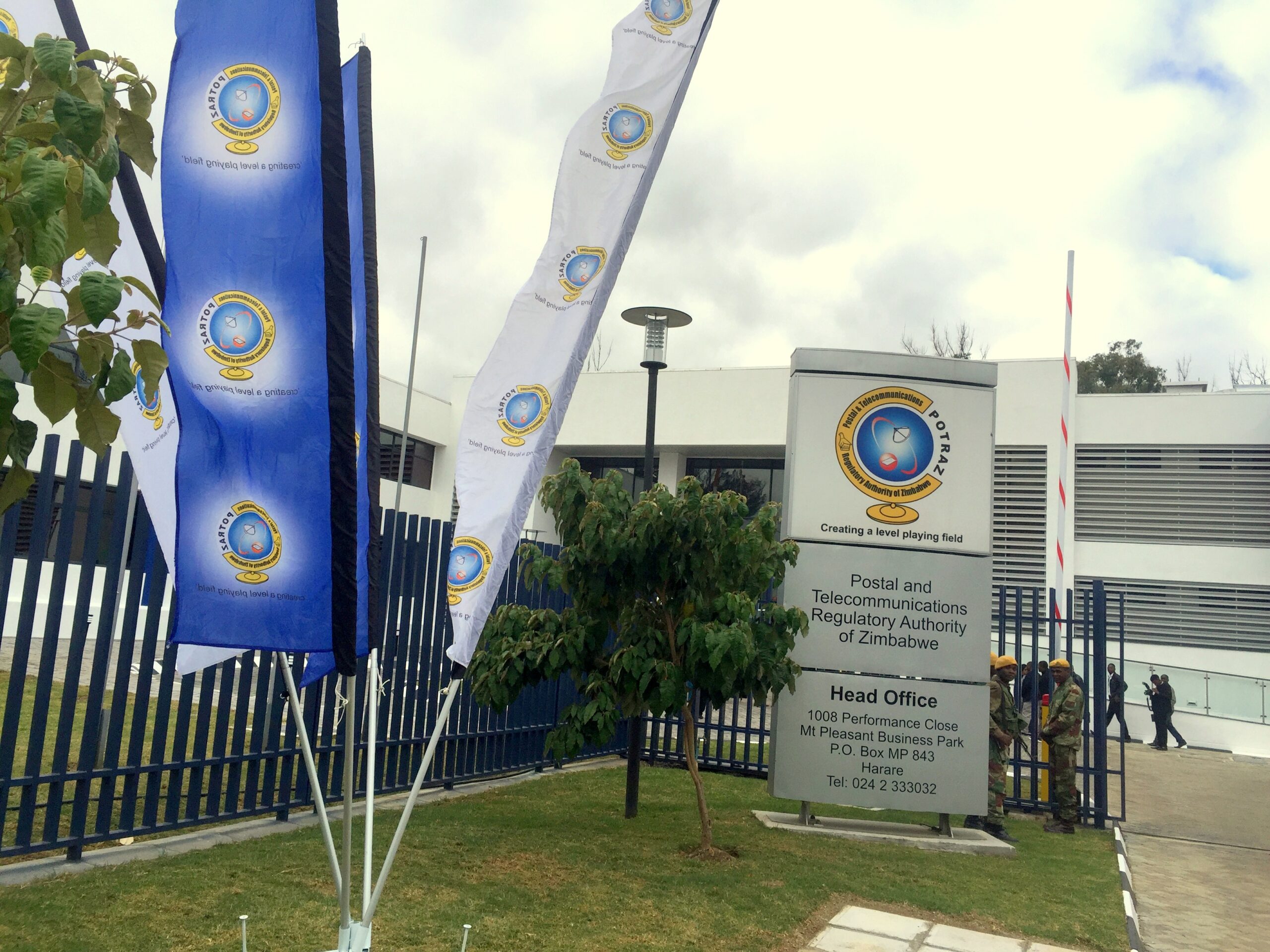Telecommunication companies are facing a shortage of foreign currency that has made it difficult for them to acquire equipment and upgrade their networks to improve service delivery.
The permanent secretary in the Ministry of Information Communication Technology, Postal and Courier Services Dr Samuel Kundishora yesterday told the Portfolio Committee on Information Communication Technology, Postal and Courier Services that players in the industry were also failing to repay loans on time.
Dr Kundishora said NetOne had received US$1,9 million from the foreign currency auction system since its inception last year although it requires US$413,8 million for various capital projects.
From its allocation US$1,365 million went towards repayment of arrears of the US$40,7 million loan from China Exim Bank.
“To date NetOne owes US$52 million to China Exim Bank in unpaid principal and interest instalments due to foreign currency unavailability,” he said.
Econet Wireless has got US$41,7 million which went towards settlement of international credits although it requires US$131,5 million to settle its obligations.
TelOne accessed US$6,68 million from the auction system which is lower than its US$237,8 million requirement to settle its obligations and other capital projects.
Powertel managed to get US$309 628 that went towards repayment of its US$4,8 million debt to Chinese firm ZTE.
The company requires US$77,3 million for its systems upgrade.
Dr Kundishora said apart from the paltry allocations, the money was being disbursed late.
He said the huge time lag to receive funds was affecting operations and straining relations with foreign suppliers.
“Amounts allocated are not enough to meet requirements for foreign currency as most equipment and services used in the sector are imported,” he said.
He urged the RBZ to prioritise the sector as it was critical in the achievement of the country’s development goals as espoused by Vision 2030.
The ICT sector, he added, was also playing an increasingly prominent role in day to day life due to restrictions brought by the Covid-19 pandemic and therefore required more funding.-herald.cl.zw

